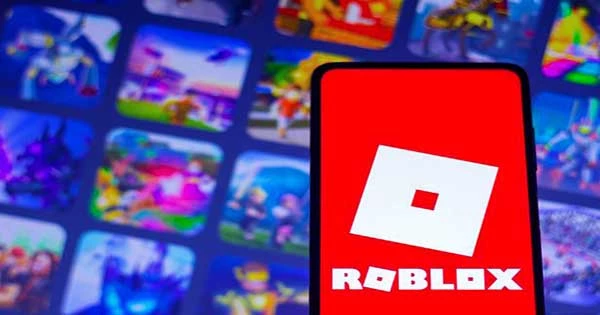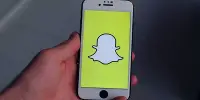As if you needed another reason to shift the conversation anytime your child mentioned Roblox, a 10-year-old girl spent more than £2,500 ($3,113) on the online game.
Roblox has similar clout among kids as Minecraft and Fortnite, but its unique selling point is that it allows users to build their own games, which can then be played by others on the network.
Roblox, like Fortnite, is “free to play,” which means “we’re going to bombard your children with microtransactions at every opportunity,” mostly in the form of cosmetic items for players’ avatars purchased with a premium in-game currency called Robux – resulting in Roblox Corporation earning $655 million in revenue for the three months ended March 31.
So parents who let their children play Roblox better keep their purse strings tight, lest Little Timmy or Tammy go on a virtual buying spree.
Georgina Munday of Dyserth in northeast Wales told the BBC that she thought she had the family iPad locked down after seeing the heart-stopping amounts of cash leaving her bank account for Roblox Corporations.
Not so – the astute 10-year-old had changed the iPad’s passcode, allowing her to squander away Robux like it was going out of style. The majority of transactions were made in £20 ($24.91) increments until the grand sum was reached and the fraud was revealed.
“We’d just seen hundreds of transactions, these payment confirmations, so then panic set in – oh my gosh, whose card is this on?” Munday stated.
Munday, like any parent, contacted Apple and her bank to try to rectify the damage but was met with resistance. “I called Tesco Bank, and they said they couldn’t help me because it was my daughter.” So I tried again with Apple, and they just read me their terms and conditions.”
She contacted the BBC Radio 4 consumer show You and Yours out of desperation. Tesco Bank promised to reimburse the full money within a day. “We apologize to Ms. Munday for not arranging this for her when she first contacted us, and we’ve therefore arranged an additional payment to her as a gesture of goodwill,” it stated.
Munday stated that her autistic child had been out of school for some time due to challenges with mainstream schooling and was using the iPad far more than usual. However, as much as Apple and Roblox enjoy taking their parents’ money, both have a slew of safeguards in place to prevent children from driving their parents into debt.
Apple claims that youngsters should not be given passwords or Face/Touch ID access to iDevices, and it also has an Ask to Buy system in place that requires a parent to approve a purchase. Roblox also has a “robust policy for processing refund requests [where] there may have been unauthorized payments from a person’s account” and should have been the family’s initial point of contact.
“Parents also have access to a suite of Parental Controls that can be used to determine how much their children can spend, and set spend notifications to increase visibility over their children’s spending on Roblox,” according to the business.
Of course, the other alternative is to educate yourself and be extremely selective about which games you allow your children to play, especially when microtransactions are involved and real-world financial ramifications are hidden behind premium currencies.
“She knew what she was doing; she changed the password, but I don’t think she realized the gravity of the situation,” Munday explained.
Children today are one step ahead of their parents. This Roblox game seems extremely simple, which is why we assumed it was very innocent. On this Roblox, there is a huge world that we were unaware of.
Additionally, access to computers needs to be strictly controlled. Remember the “monster truck-obsessed” boy who used his father’s laptop, which had been left logged in, to purchase a real monster truck on eBay for £19,000 ($23,667)?
















